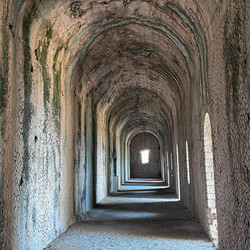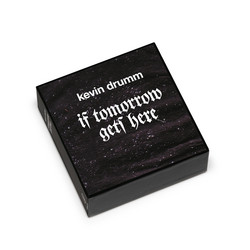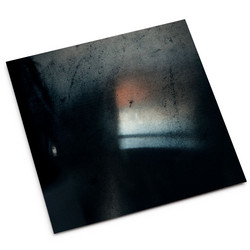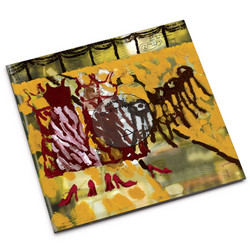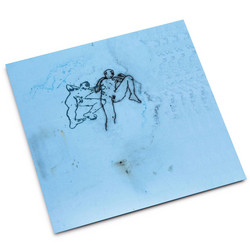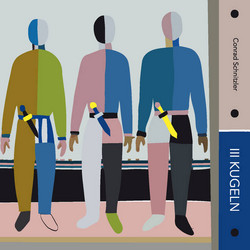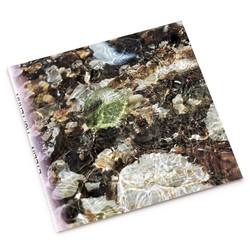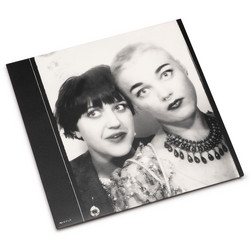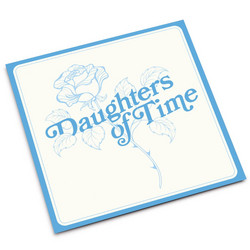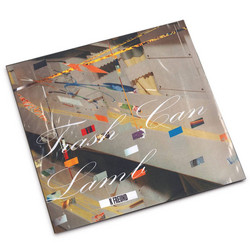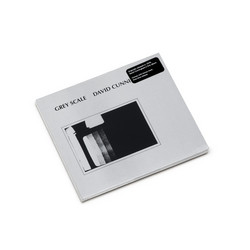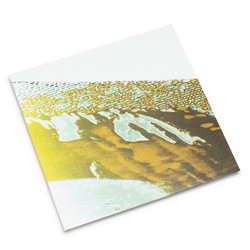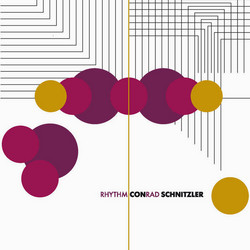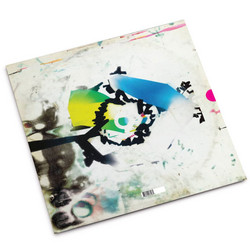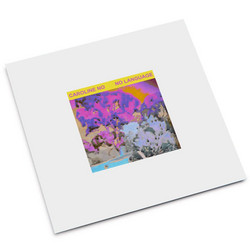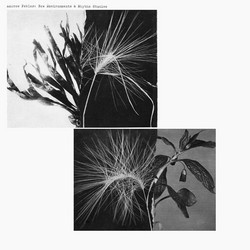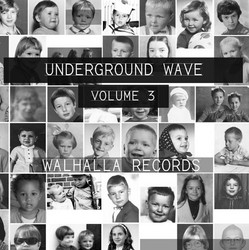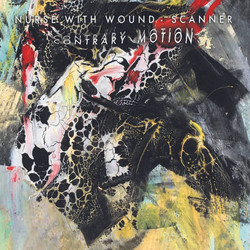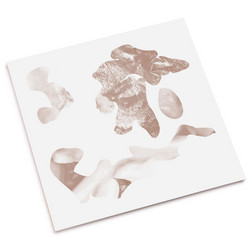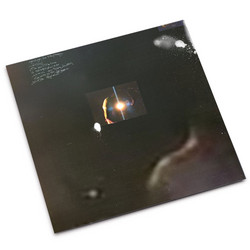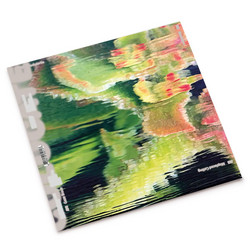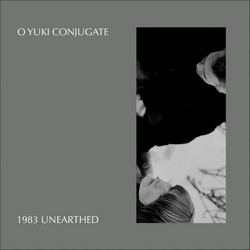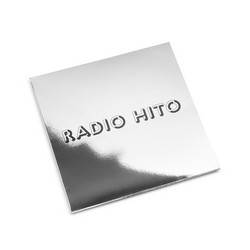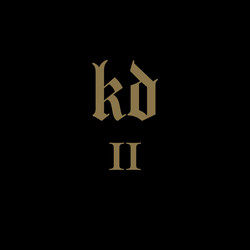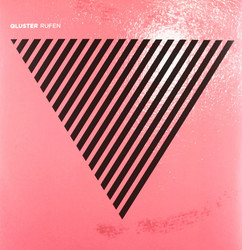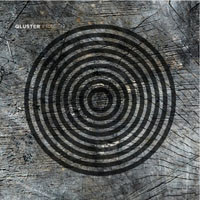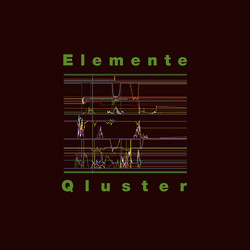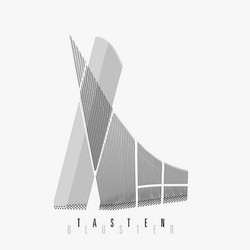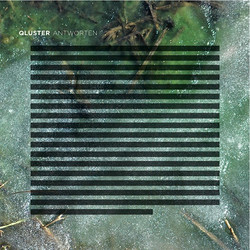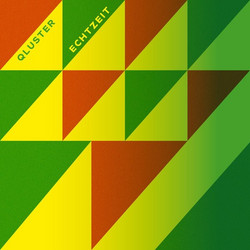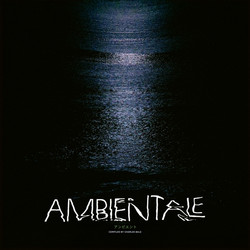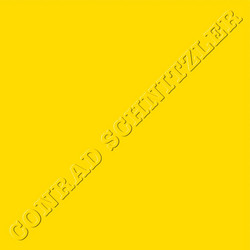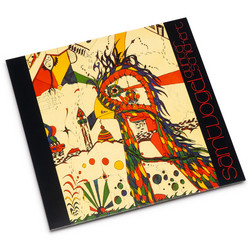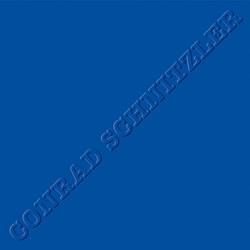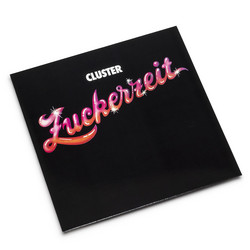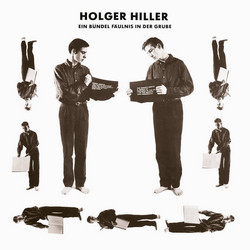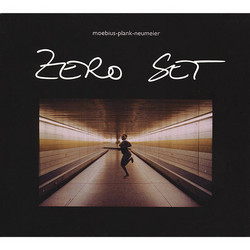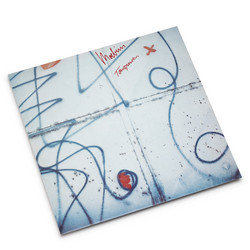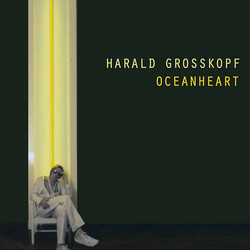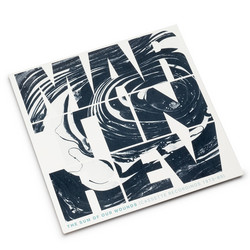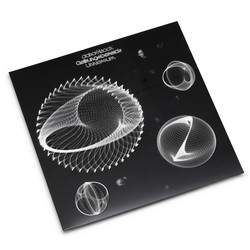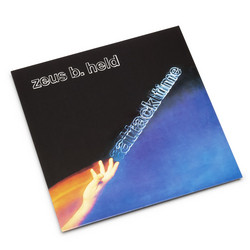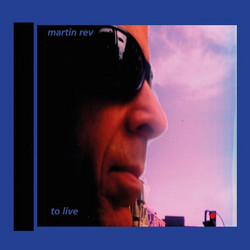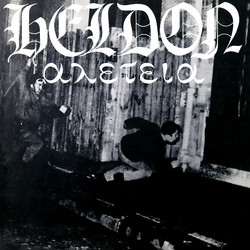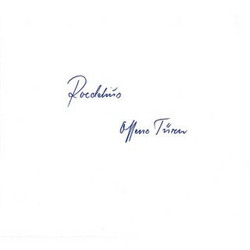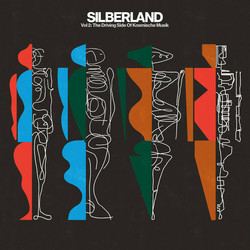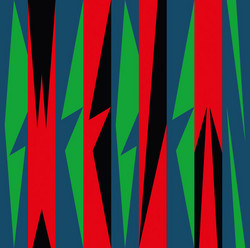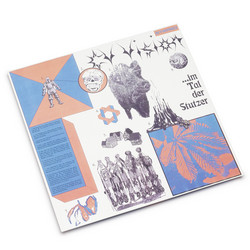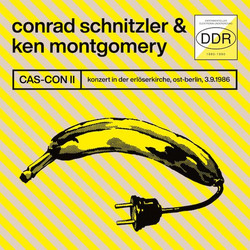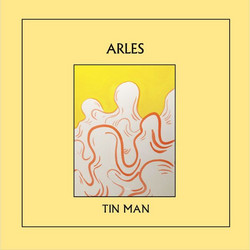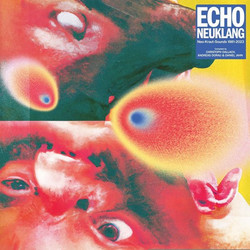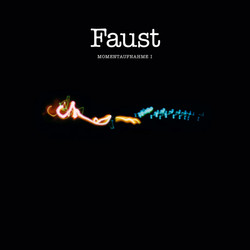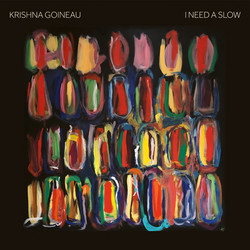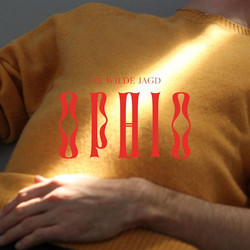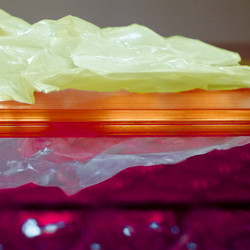"Kluster (1969) metamorphosed into Cluster (1971) and Cluster became Qluster (2011). In a period spanning over 40 years, Hans-Joachim Roedelius was a driving force behind this unique transformation. Now, as Qluster, he has recorded together with Onnen Bock in the latest incarnation. Three albums already released document the current status of their musical journey to pastures new. Lauschen is not a studio album, but a live recording of a performance for which Roedelius and Bock invited world musician Armin Metz to join them on stage. Although Qluster sound completely different from Kluster or Cluster, one thing remains unchanged: the art of improvisation. Where or when better could the listener experience this than at a concert? Lauschen is a particularly impressive document, with the three musicians raising their art close to perfection. Using predominantly analog electronic keyboards, they play together -- in the truest sense of the word -- with intense levels of concentration and yet with incredible ease. They allow themselves time to develop and elaborate on their ideas as they play. Virtuosity does not mean playing well at speed, but playing well slowly. And: they LISTEN ('lauschen'), they listen to each other, for the greatest virtue in collective improvisation is not the soloistic ego trip, but far more a willingness to participate in shaping the complete living organism of collaborative music in every moment. Lauschen is a prime example of this form of interaction. Nothing has been edited, no incidence of computers or other electronic devices; instead, solid handicraft and a veritable flood of musical ideas make for a fascinating experience in electronic improvisation (almost an hour long, but it could happily have been double the length). The excellent sound quality of this live recording puts the icing on the cake. Lauschen is divided into nine 'pieces,' each bearing the name of an ancient muse. Perhaps this is intended to underscore the high artistic ambition of Roedelius, Bock and Metz. Without any doubt, Lauschen is an uninterrupted continuum of flawless transparency, rich in inventive power. The calm it exudes is a product of solidity, not of blissful apathy. And its power is not fuelled by juvenile posturing, but draws on experience and the lessons of life." --Asmus Tietchens
Details
Cat. number: BB123LP
Year: 2013
